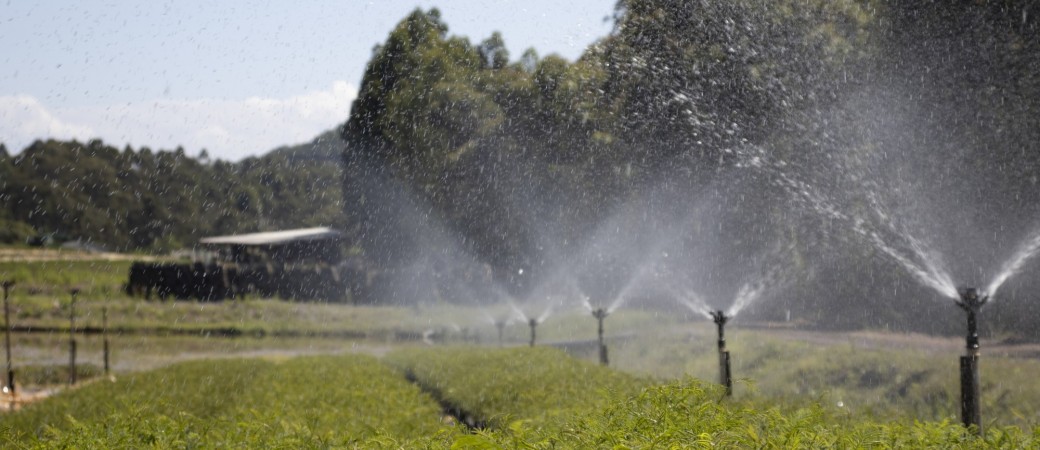Forestry
Commitment to forests and society
Our forestry team is composed of researchers, engineers and technicians in the area, playing a decisive role in supporting the expansion of acaciculture with complete socio-environmental responsibility through research, planting, harvesting and maintenance of Black Acacia forests (Acacia mearnsii de Wild).
The first seedlings of the Black Acacia tree were planted in southern Brazil in 1918. Currently, the few seedlings brought in the past have been transformed into thousands of hectares of Black Acacia forests, bringing income to rural producer families and transforming themselves in features and products
We are committed to responsible forestry management practices for the long term, which is why in 2004 we sought certification from the Forest Stewardship Council® - FSC®, which guarantees that forestry operations comply with the strictest standards of control, handling and tracking of raw material, thus enabling production in a sustainable regime through the adoption of environmentally responsible, socially fair and economically viable practices.
Advantages of Acacia Farming
Acaciculture offers technical, environmental and socioeconomic advantages. Activity linked mainly to small and medium producers, the planting of Black Acacia currently benefits more than 40 thousand families in the southern region of Brazil.
The forest, in addition to providing bark and wood, allows the intercropping of other crops and the use of the area for grazing. This multiple use of resources makes this culture one of the best investment options in the primary sector.









